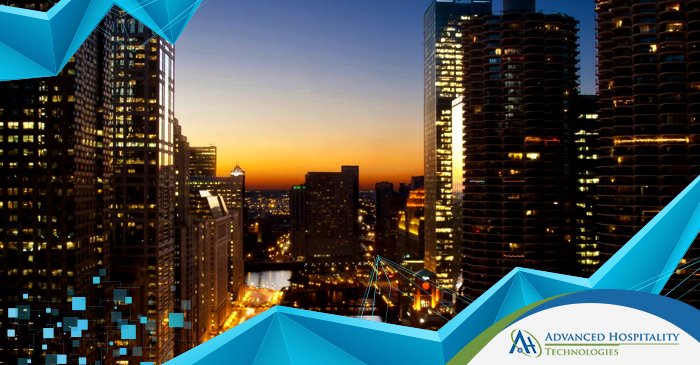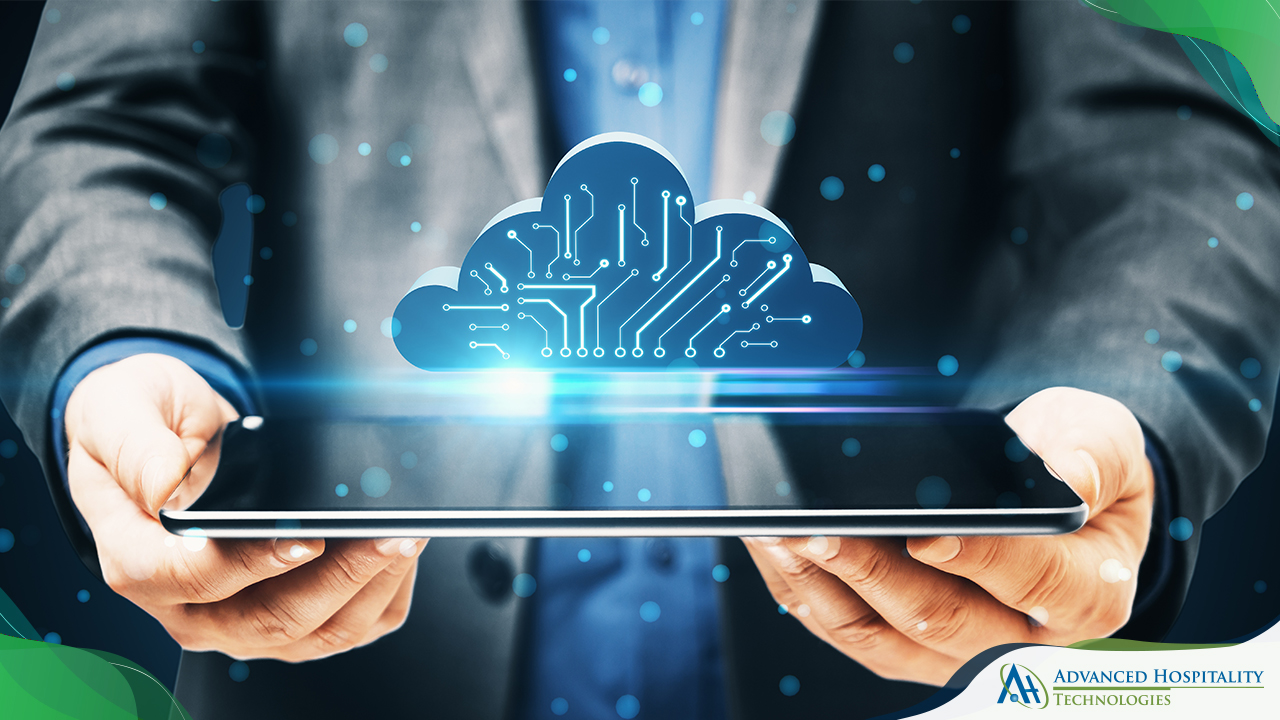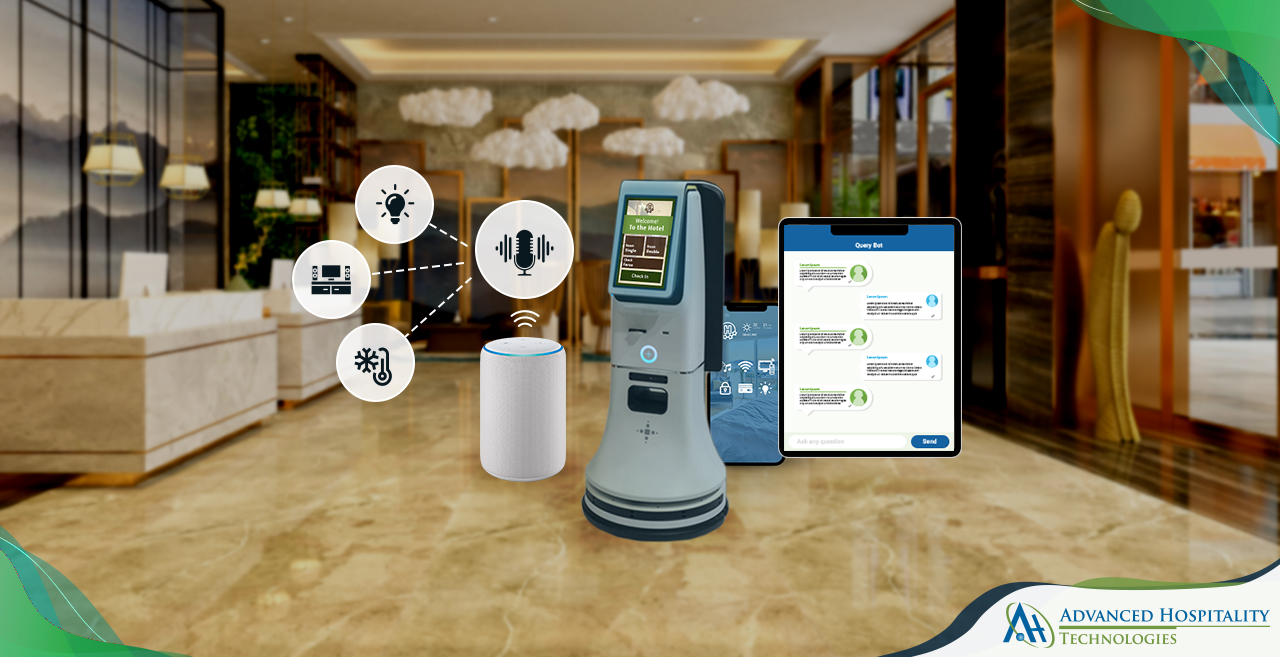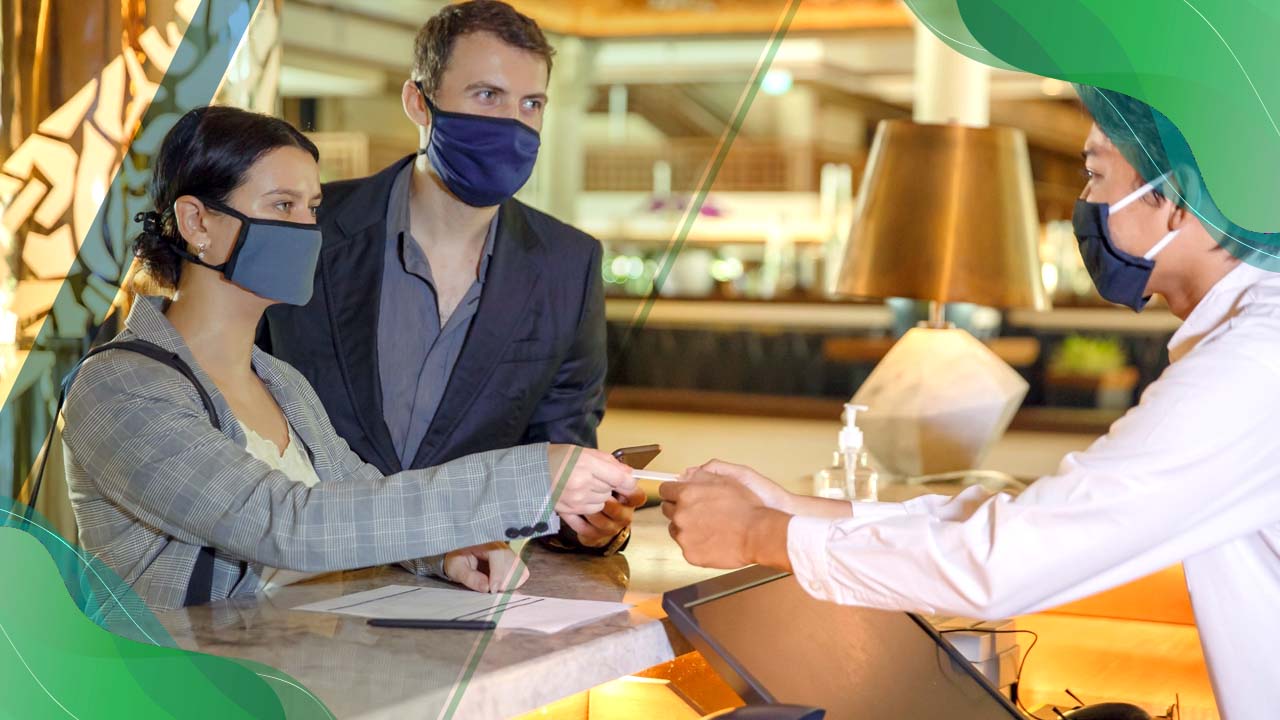2019 was a phenomenal year for hospitality businesses with hotel owners increasingly embracing and investing in technology. Expedia has already established through its latest hospitality industry survey that close to 54% (of 1200 respondents) hoteliers will increase investment in technology.
Business research & insight provider, Markit, predicted in 2018 that investments in smart technologies renovations will be close to $2.2 billion. The ROI of technology remains the most crucial factor when making technology integrations in hotels. May it be renovations or new builds, hoteliers are both interested in and increasingly seeking out technology solutions.
Hotel renovations can serve different purposes, it can be a conversion from independent to a franchise brand, a rebrand of the property, or a simple renovation to invigorate the design of the property. Much however is dependant on the demands of travelers that a hotel attracts, with a constantly evolving industry and a new breed of travelers emerging, hoteliers have to be on their toes.
Personalization Should be Mainstream
Every now and then we come across a research paper or an article that recommends that travelers demand personalization in their guest experience. Just how hoteliers should do that is rarely made clear.
When guests demand personalization, they are basically demanding a hotel experienced tailored to their lifestyle choices and interests. The herculean shift in traveler demographics has shifted the balance of power in a new breed of travelers, namely millennials, Gen Y and Gen Z.
These highly informed and tech-savvy travelers are highly engaged digital citizens of the world. Their lives are full of personalized experiences including content tailored for them on websites & streaming services, customized food orders, dedicated voice assistants at home, smart wearables for wellbeing, touch payments, smart home appliances and much more.
Modern travelers are not looking for a room to sleep in, they are demanding a smart home able to cater to their everyday interactions with technology. For instance, the robot butlers in operation at different Marriott Group franchise hotels are just one way to delight guests with something unique.
Most popular hotel franchises have already invested in intuitive mobile apps for their brand. The Marriott BonVoy, Ritz-Carlton, and Hilton smartphone apps are some of the most prominent ones used today.
These amazing smart apps bring a great deal of personalization to the hotel experience with mobile check-in, mobile room keys, instant messengers, amenity booking, restaurants, room service, etc. available directly to guests through their phones.
Personalization, therefore, requires massive upgrades to an asset. The most common renovations include a high-speed internet infrastructure, WIFI hotspots, smart room conversions, updated cybersecurity infrastructures, app development & management, modern payment system integration, and wireless mobile key tech to name a few.
Cybersecurity & Compliance are Paramount
Technology renovations and upgrades are never going to be perpetual. Most technology systems either hardware or software, require patches as they age, majorly for security and sometimes for integrating with other systems.
Cybersecurity has been a popular debate in hospitality due to the dynamic shift from human to A.I. assisted reporting, decision making, and analysis. The inclusion of data collection for increased business performance requires hands-on security of guest data and its management.
The strategic decision to collect data in the first place requires hotels to have proper analytical software and resources to interpret this data. While many hotels tend to have in-house data scientists to assist them, many others consider outsourcing their data security & analysis to professional hotel technology companies.
Another important aspect of modern renovations is the compliance of payment systems and hotel technologies. As I mentioned above, no technology can last a lifetime. All hardware and software require compliance with prevailing technology standards.
While hardware compliance can take a back seat, payment & PCI compliance remains a popular part of modern hospitality strategies. The security of card payment data either through touch payments or card requires hotels to be proactive with the monitoring of these payment mediums.
The 12 PCI compliance rules are the first line of defense for any hotel. This rigorous standard when adequately applied to any business provides ready defense against cybercriminals. Couple this with routine training & education of staff and the cybersecurity circle is nearly complete.
Cater to the Business Traveler
Careful thought should be put into the renovations of hotels to attract business travelers. In an interesting 2018 study by Travelport identified that to the millennial business traveler money is no object. Although organizations pay for their trips, these unique travelers tend to pay more towards their journeys for a better experience.
The Travelport study also concluded that almost 75% of business travelers want to receive personalized ads and offers from their favorite hotels. This concept of personalization has already been absorbed by different demographics, and business guests are no different.
Great thought should be put into upgrading the amenities provided by hotels. The modern business guest is very conscious of their fitness regimes and healthy living. State of the art gymnasiums, spas, bars, lounges, business centers, smart conference rooms, swimming pools, etc. are popular amenities to attract business guests.
The modern business travelers are not just looking for a business meeting and a place to sleep anymore, with a bit of cable TV of course. The modern traveler has the intrinsic need to enjoy business, with pleasure. A Hilton guest research identified in 2018 that almost 69% of business guests extend their stays to enjoy leisure time when traveling for work.
Sustainability & Smart Energy Management
Environmental friendliness and sustainability with the local habitat remain top concerns for hotels, largely due to their massive carbon emissions & wastage. The Cambridge Institute for Sustainability Leadership has already concluded in their 2018 research paper that tourism contributes an alarming 5% to global gas emissions.
The Management Of Technology Innovation In The Hotel Industry
What we have to understand here is that hotels don’t usually develop sustainability initiatives, it is the pressure from global travelers who demand that hospitality companies must be generous to the environment. BusinessWire reports that:
“Over time, major and established hotels have realized that creating sustainability initiatives, visions and strategies assists in relieving public pressure to act responsibly whilst also providing an array of other internal and external benefits.”
Today, a large number of hotel franchises across the world are implementing strict measures to cut down on their carbon footprint, plastic waste, water wastage, power conservation, and even linen wastage. The Marriott Group has embedded sustainability into their mission statement and organizational values.
“There are no doubts that clean technologies play a tremendous role in mitigating our emissions. The global community has delayed climate action and the coming decade is crucial in pulling our emissions down and (possibly) implement some negative-emissions technologies.”
Willy Legrand – Professor of Hospitality Management at the IUBH International University
Conclusion
As we enter a new decade, hoteliers will have to be highly engaged and informed about the travel & tourism industry. Fast-changing traveler trends, new technologies, and multiple areas to manage will require hoteliers to be very receptive to guest demands.
Get in touch with one of our professional hotel technology managers to discuss renovations at your hotel. Our world-class team is available on call at 510-900-5990, over email at [email protected] and over our website Live Chat now.




